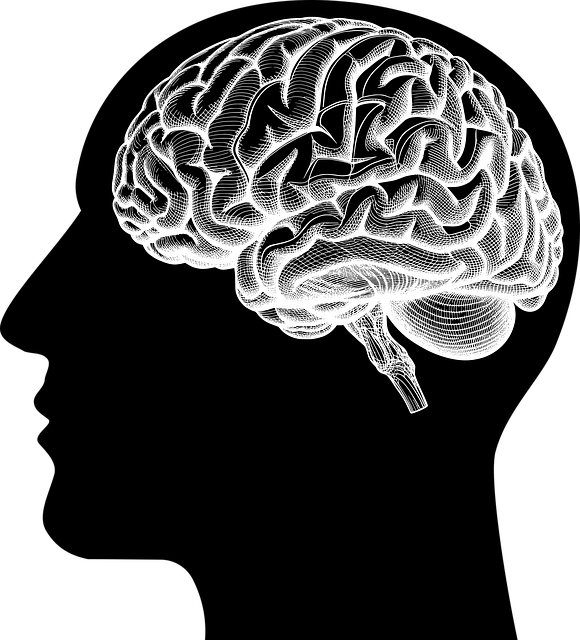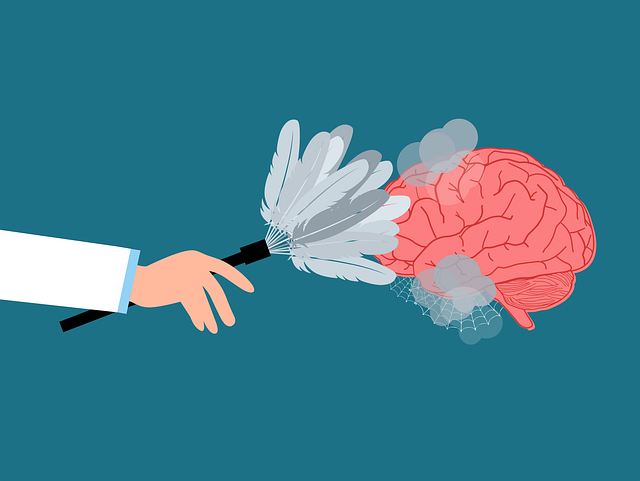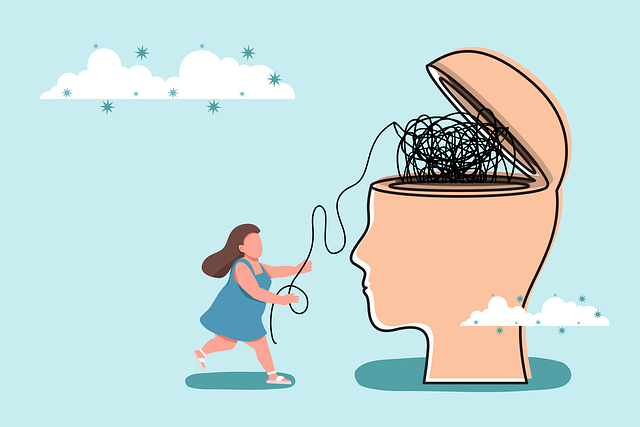Parker Codependency Therapy (PCT) uses mindfulness meditation to help individuals manage codependent relationships and emotions, improve mental health, self-esteem, and overall well-being. It teaches emotional regulation skills for self-acceptance and healthier relationships based on mutual respect. A dedicated, distraction-free space with dim lighting and comfortable seating is essential for effective meditation practice. Techniques like breathing exercises, body scans, mindful walking, visualizations, and mantras can deepen mindfulness. Integrating mindfulness into daily life through journaling sustains therapy benefits, enhances reflection, and promotes mental wellness. For tailored guidance, consider Parker Codependency Therapy.
Discover the transformative power of mindfulness meditation with our comprehensive guide, designed to support Parker Codependency Therapy. Learn how this ancient practice fosters self-awareness and emotional regulation, key aspects of healing codependent relationships. From setting up a sacred space to advanced techniques, we provide practical steps to enhance your meditation journey. Explore strategies to integrate mindfulness into daily life, ensuring the benefits of Parker Codependency Therapy extend beyond the cushion.
- Understanding Mindfulness Meditation: A Foundation for Parker Codependency Therapy
- Preparing Your Space and Mindset for Effective Practice
- Techniques and Exercises to Deepen Your Meditation Experience
- Integrating Mindfulness into Daily Life: Sustaining the Benefits of Parker Codependency Therapy
Understanding Mindfulness Meditation: A Foundation for Parker Codependency Therapy

Mindfulness meditation is a practice that encourages individuals to focus on the present moment, cultivating awareness of their thoughts and feelings without judgment. This fundamental concept forms the core of Parker Codependency Therapy (PCT), a therapeutic approach designed to address complex interpersonal relationships and emotional dependencies. PCT leverages mindfulness as a powerful tool to enhance mental health awareness, self-esteem improvement, and overall well-being.
By integrating mindfulness techniques, this therapy helps individuals develop better emotional regulation skills, fostering self-acceptance and understanding. This is particularly crucial for those who struggle with codependency, where their sense of identity is often heavily influenced by the needs and opinions of others. Through regular practice, individuals can learn to detach from these unhealthy dependencies, promoting healthier relationships based on mutual respect and autonomy, as opposed to control or approval-seeking behaviors.
Preparing Your Space and Mindset for Effective Practice

Creating a dedicated space for mindfulness meditation is the first step towards effective practice. This doesn’t mean you need an entire room designed for relaxation—it could be a quiet corner in your home, where you can sit comfortably and uninterrupted. Dim lighting, soft cushions, or a comfortable chair can help signal to your mind that it’s time to switch into a calm and focused state. The key is to make this space yours, free from distractions, so you can fully immerse yourself in the practice.
Just as important as your physical surroundings is preparing your mindset. Approach meditation with curiosity and patience, rather than expecting immediate results. Remember, mindfulness is a skill that develops over time with consistent practice. Let go of any expectations or judgments, and embrace the process. With a clear mind and a sense of purpose, you’re ready to begin cultivating inner strength and coping skills, while also enhancing your mental health awareness—all benefits explored in Parker Codependency Therapy.
Techniques and Exercises to Deepen Your Meditation Experience

To deepen your meditation experience, explore various techniques and exercises that cater to different aspects of mindfulness. Start with breathing exercises, focusing on slow, deep inhales and exhales, to anchor yourself in the present moment. This simple yet powerful practice enhances self-esteem improvement by strengthening your connection to your body and mind.
Additionally, incorporate body scans, where you mentally move through each part of your body, noticing sensations without judgment. This exercise facilitates emotional healing processes by cultivating a deeper awareness of your inner state. Another technique is mindful walking, engaging all your senses as you stroll, which can help prevent burnout by promoting a sense of calm and grounding. For a more immersive experience, try guided visualizations or mantras, allowing these tools to transport you to serene landscapes that inspire tranquility and inner peace.
Integrating Mindfulness into Daily Life: Sustaining the Benefits of Parker Codependency Therapy

Integrating mindfulness into daily life is a powerful way to sustain the benefits of Parker Codependency Therapy. By cultivating present-moment awareness and non-judgmental acceptance, individuals can break free from unhealthy patterns and strengthen their relationships. Mindfulness meditation helps individuals become more aware of their thoughts and emotions, enabling them to respond rather than react in challenging situations. This proactive approach can significantly enhance mental wellness, foster positive thinking, and even prevent depression.
One effective method for integrating mindfulness is through a mental wellness journal. This practice encourages individuals to reflect on their experiences, track their moods, and identify triggers that may lead to codependent behaviors. By documenting thoughts and feelings, individuals gain valuable insights into their patterns and can develop more adaptive coping strategies. Additionally, regular journaling acts as a grounding exercise, promoting calmness and clarity throughout the day.
Mindfulness meditation, as a core component of Parker Codependency Therapy, offers a powerful tool for personal growth and improved relationships. By creating a dedicated space, adopting a present-moment mindset, and integrating various meditation techniques, individuals can unlock the profound benefits of this practice. Consistently applying mindfulness throughout daily life ensures that the lessons learned during formal meditation translate into enhanced self-awareness, healthier interactions, and lasting positive changes, fostering a more fulfilling life both personally and interpersonally.













